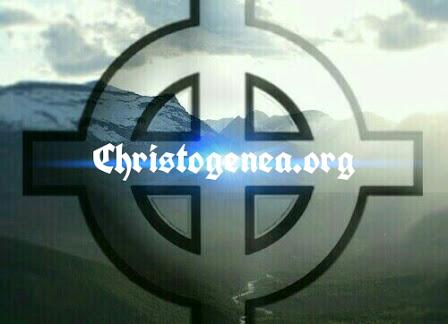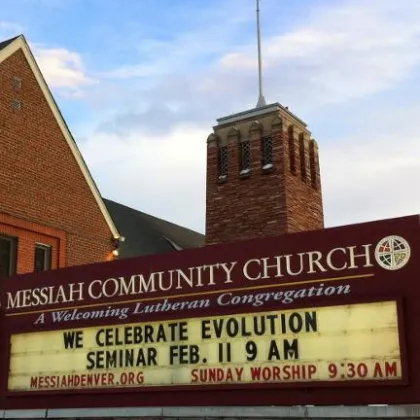Christianity in the Old Testament, Part 5, Concluding Bertrand Comparet's Sermon, with Commentary

Christianity in the Old Testament, Part 5, Concluding Bertrand Comparet's Sermon, with Commentary
Here we shall finally conclude our presentation and commentary on Bertrand Comparet’s sermon, Christianity in the Old Testament.
After Comparet had presented a lengthy survey of Christian professions made in the Psalms and how they were interpreted as being Christian in nature by the apostles of Christ, Comparet returned to one of his earlier themes, to correctly assess the nature of the Old Testament feasts in relation to the phases of the ministry and the expected return of the Christ. So Comparet appropriately explained that the Spring feasts of the Old Testament calendar were related to the First Advent of the Messiah, and that the fall feasts relate to the expected Second Advent.
From there, and in relation to a name which is present in the Old Testament but which is obscured in the English translations, Comparet’s sermon necessarily goes on to describe what Satan truly is in Scripture, in relation to the name Azazel which is found in the Hebrew of Leviticus chapter 16, but which is translated only as scapegoat in our King James Version. To properly understand the significance of the Day of Atonement in the fall feast schedule, Comparet rather adeptly finds it necessary to explain the significance of Azazel, and that also requires a proper understanding of the meaning of the term Satan....

 Christianity in the Old Testament, Part 3, a continuing presentation of Bertrand Comparet's Sermon, with our own Commentary
Christianity in the Old Testament, Part 3, a continuing presentation of Bertrand Comparet's Sermon, with our own Commentary
 Christianity in the Old Testament, Part 2, a presentation of Bertrand Comparet's Sermon, with our own Commentary
Christianity in the Old Testament, Part 2, a presentation of Bertrand Comparet's Sermon, with our own Commentary
 Christianity in the Old Testament, Part 1, an Introduction: What is a Catholic?
Christianity in the Old Testament, Part 1, an Introduction: What is a Catholic?

 A Critical Review of Bertrand Comparet’s Christianity Discriminates and We Face the Future
A Critical Review of Bertrand Comparet’s Christianity Discriminates and We Face the Future
 This evening, as we travel to Tallahassee to participate in some activities with the League of the South later this weekend, we are going to present two short sermons from Bertrand Comparet, entitled
This evening, as we travel to Tallahassee to participate in some activities with the League of the South later this weekend, we are going to present two short sermons from Bertrand Comparet, entitled 
 A Critical Review of Let’s Examine the Evidence, by Bertrand Comparet
A Critical Review of Let’s Examine the Evidence, by Bertrand Comparet




 Please click here for our mailing list sign-up page.
Please click here for our mailing list sign-up page.








Recent comments